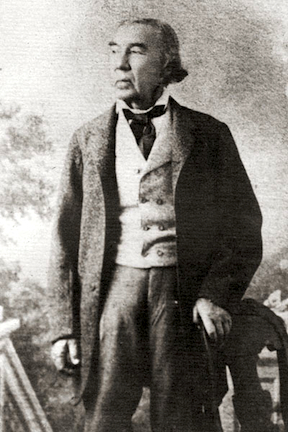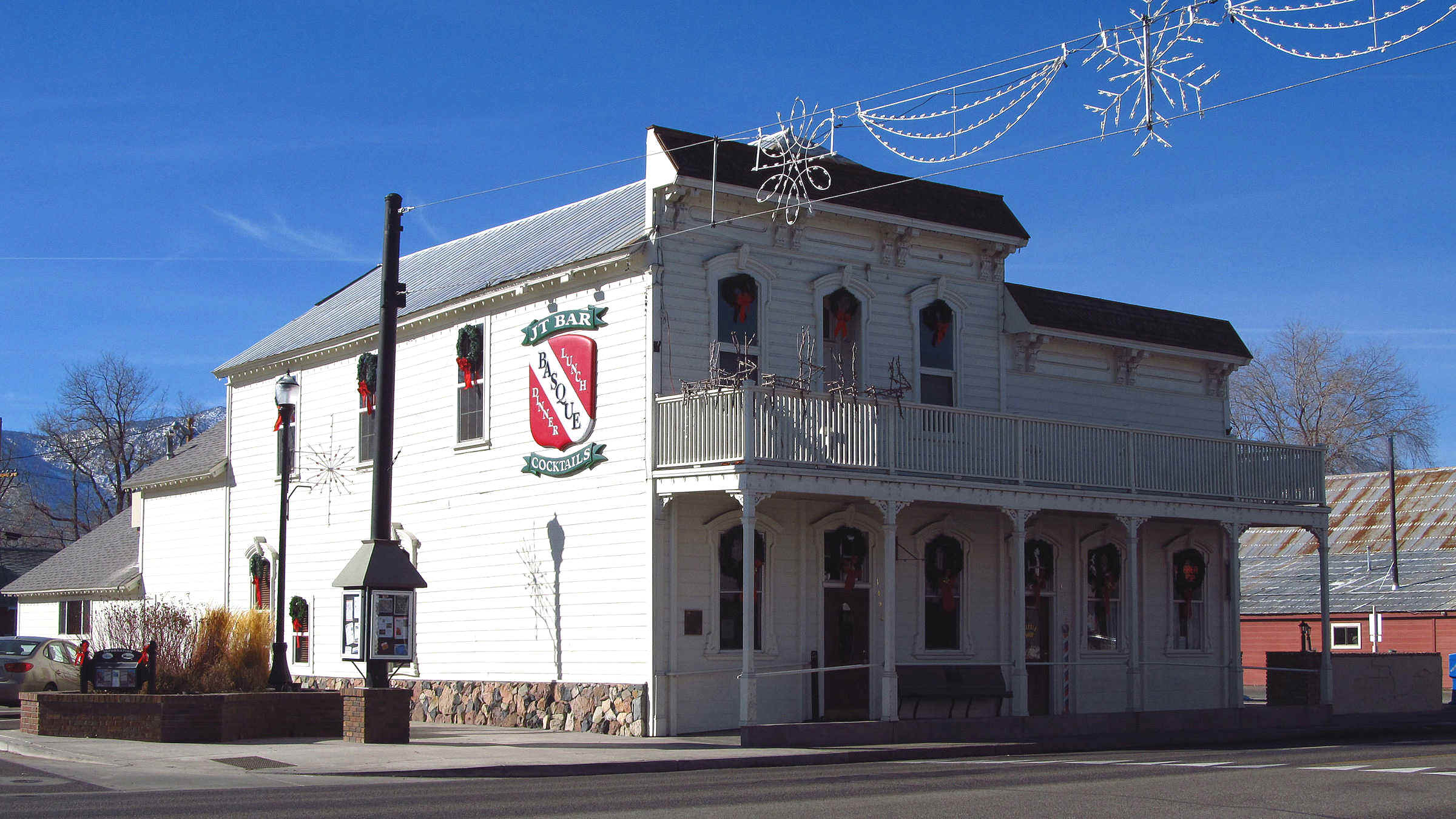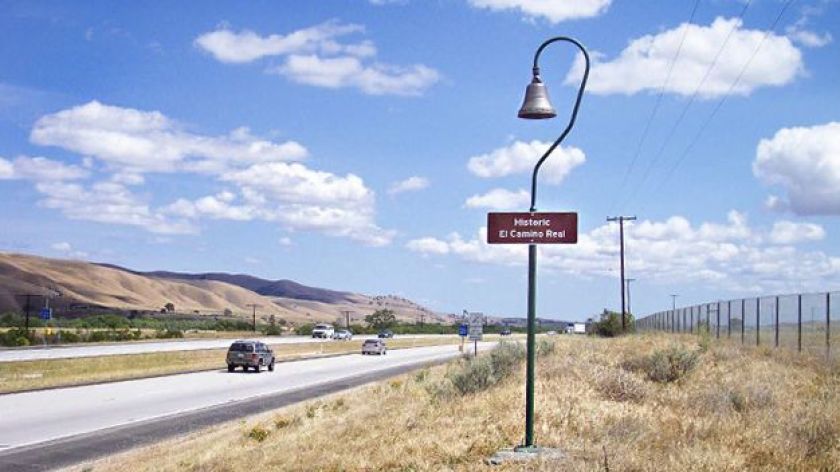Rev. Robert A Sirico
President, Acton Institute for the Study of Religion and Liberty
The following is adapted from a speech delivered at Hillsdale
College on October 27, 2006, at the first annual Free Market Forum,
sponsored by the College’s Center for the Study of Monetary
Systems and Free Enterprise. Download
Issue
In chapter 21 of St. Matthew’s Gospel, Jesus proposes a moral dilemma in the form of a parable: A man asks his two sons to go to work for him in his vineyard. The first son declines, but later ends up going. The second son tells his father he will go, but never does. “Who,” Jesus asks, “did the will of his father?” Although I am loath to argue that Jesus’s point in this parable was an economic one, we may nonetheless derive from it a moral lesson with which to evaluate economic systems in terms of achieving the common good.
Modern history presents us with two divergent models of economic arrangement: socialism and capitalism. One of these appears preoccupied with the common good and social betterment, the other with profits and production. But let us keep the parable in mind as we take a brief tour of economic history.
The idea of socialism, of course, dates back to the ancient world, but here I will focus on its modern incarnation. And if we look to socialism’s modern beginnings, we find it optimistic and well-intentioned. In contrast to contemporary varieties that tend to bemoan prosperity, romanticize poverty, and promote the idea that civil rights are of secondary concern, at least some of the early socialists sought the fullest possible flourishing of humanity—which is to say, the common good.
A half-century before Karl Marx published the Communist Manifesto, there was Gracchus Babeuf’s Plebeian Manifesto (later revised by Sylvain Marechal and renamed the Manifesto of the Equals). Babeuf was an early communist who lived from 1760 to 1797 and wrote during the revolutionary period in France. Although he was jailed and eventually executed, his ideas would later have an enormous impact. And his explicit political goal had nothing to do with impeding prosperity. To the contrary, he wrote:
The French Revolution was nothing but a precursor of another revolution, one that will be bigger, more solemn, and which will be the last… We reach for something more sublime and more just: the common good or the community of goods! No more individual property in land: the land belongs to no one. We demand, we want, the common enjoyment of the fruits of the land: the fruits belong to all.
We see in Babeuf’s writings two themes that would remain dominant in socialist theory until the twentieth century: an aspiration to prosperity through ownership by all and an equation of the common good with the commonality of goods. Indeed, Marx took more from Babeuf than Marx himself would ever acknowledge.
In our own time, we think of socialists as opposing capitalist excess, disparaging the mass availability of goods and services, and seeking to restrict the freedom to produce and enjoy wealth. Consider, for instance, the wrath that modern socialists feel towards fast food, large discount stores, and specialty financial services for the poor. They accuse the mass consumer market of institutionalizing false needs, commodifying the commons, glorifying the banal, homogenizing culture—all at the expense of the environment and of equality of condition, the highest socialist goal. Improving the standard of living in society is far down the list of modern socialist priorities.
But to repeat, it was not always so. Early socialists believed that socialism would bring about an advance of civilization and an increase in wealth. Babeuf, for example, predicted that socialism would “[have] us eat four good meals a day, [dress] us most elegantly, and also [provide] those of us who are fathers of families with charming houses worth a thousand louis each.” In short, socialism would distribute prosperity across the entire population. A particularly poetic rendering of this vision was offered by none other than Oscar Wilde:
Under Socialism…there will be no people living in fetid dens and fetid rags, and bringing up unhealthy, hunger-pinched children in the midst of impossible and absolutely repulsive surroundings…Each member of the society will share in the general prosperity and happiness of the society, and if a frost comes no one will practically be anything the worse…
The core of the old socialist hope was a mass prosperity that would free all people from the burden of laboring for others and place them in a position to pursue higher ends, such as art and philosophy, in a conflict-free society. But there was a practical problem: The Marxist prediction of a revolution that would bring about this good society rested on the assumption that the condition of the working classes would grow ever worse under capitalism. But by the early twentieth century it was clear that this assumption was completely wrong. Indeed, the reverse was occurring: As wealth grew through capitalist means, the standard of living of all was improving.
Lifting All Boats
Historians now realize that even in the early years of the Industrial Revolution, workers were becoming better off. Prices were falling, incomes rising, health and sanitation improving, diets becoming more varied, and working conditions constantly improving. The new wealth generated by capitalism dramatically lengthened life spans and decreased child mortality rates. The new jobs being created in industry paid more than most people could make in agriculture. Housing conditions improved. The new heroes of society came from the middle class as business owners and industrialists displaced the nobility and gentry in the cultural hierarchy.
Much has been made about the rise of child labor and too little about the fact that, for the first time, there was remunerative work available for people of all ages. As economist W. H. Hutt has shown, work in the factories for young people was far less grueling than it had been on the farm, which is one reason parents favored the factory. As for working hours, it is documented that when factories would reduce hours, the employees would leave to go to work for factories that made it possible for them to work longer hours and earn additional wages. The main effect of legislation that limited working hours for minors was to drive employment to smaller workshops that could more easily evade the law.
In the midst of all this change, many people seemed only to observe an increase in the number of the poor. In a paradoxical way, this too was a sign of social progress, since so many of these unfortunate people might have been dead in past ages. But the deaths of the past were unseen and forgotten, whereas current poverty was omnipresent. Meanwhile, as economic development expanded in the nineteenth century, there was a dramatic growth of a middle class that now had access to consumer goods once available only to kings—not to mention plenty of new goods being created by the engine of capitalism.
These economic advances continued throughout the period of the rise of socialist ideology. The poor didn’t get poorer because the rich were getting richer (a familiar socialist refrain even today) as the socialists had predicted. Instead, the underlying reality was that capitalism had created the first societies in history in which living standards were rising in all sectors of society. In a sense, free market capitalism was coming closest to realizing what Marx himself had imagined: “the all round development of individuals” in which “the productive forces will also have increased” and “the springs of social wealth will flow more freely.”
There was one Marxist in England who seemed to understand what was happening. Eduard Bernstein, who lived from 1850 to 1932, is hardly known today. His writings are not studied, except by specialists. But he was the leading Marxist after Marx and Engels. Engels considered him their successor, and even asked him to finish editing Marx’s fourth volume of Capital.
In the 1890s, Bernstein began to observe the positive effects of capitalism on living standards. “What characterizes the modern mode of production above all,” he wrote, “is the great increase in the productive power of labour. The result is a no less increase of production—the production of masses of commodities.” This empirical fact struck at the very heart of the Marxist case. Bernstein also observed that the numbers of businesses and of people who were well-off were rising along with incomes. As he put it, “The increase of social wealth is not accompanied by a diminishing number of capitalist magnates, but by an increasing number of capitalists of all degrees.” In fact, in the 50 years after the publication of the Communist Manifesto, incomes in England and Germany doubled—precisely the opposite of what Marx had predicted. To quote Bernstein again, from 1899:
If the collapse of modern society depends on the disappearance of the middle ranks between the apex and the base of the social pyramid, if it is dependent upon the absorption of these middle classes by the extremes above and below them, then its realisation is no nearer in England, France, and Germany today than at any earlier time in the nineteenth century.
The basis of Marxist doctrine had been the idea that society under capitalism consisted of two classes—one small and rich, the other vast and increasingly impoverished. The reality, however, was that the numbers of the rich were growing more rapidly than those of the poor, while the vast majority was falling into a category that socialism didn’t anticipate: the middle class. Doctrinaire Marxists were of course furious with Bernstein for noticing these developments. Rosa Luxemburg, for one, wrote a famous essay in 1890 attacking him.
One might assume, then, that Bernstein changed sides—abandoning socialism upon seeing its false premises —and took up instead the classical liberal cause of free enterprise. I’m sorry to report that this is not the case. What Bernstein changed instead were his tactics. He still favored the expropriation of the English capitalists, but now through a different method—not through revolution, but through the use of political mechanisms. And indeed, the political success of socialism during the twentieth century would bring England to the brink of catastrophe more than once.
Ideology vs. Reality
If one becomes aware that the older moral argument for socialism is wrong—that capitalism is actually benefiting people and serving the common good—why would one hold on to the ideology rather than abandon it? Clearly, it is difficult to abandon a lifelong ideology, especially if one considers the only available alternative to be tainted with evil. Thus socialism was, for Bernstein’s generation of socialists and for many that followed, simply an entrenched dogma. It was possible for them to argue the finer points, but not to abandon it.
However understandable this might be, it is not praiseworthy. To hold on to a doctrine that is demonstrably false is to abandon all pretense of objectivity. If someone could demonstrate to me that free markets and private property rights lead to impoverishment, dictatorship, and the violation of human rights on a mass scale, I would like to think that I would have the sense and ability to concede the point and move on. In any case, socialists like Bernstein lacked any such intellectual humility. They clung to their faith—their false religion—as if their lives were at stake. Many continue to do so today.
Most intellectuals in the world are aware of what socialism did to Russia. And yet many still cling to the socialist ideal. The truth about Mao’s reign of terror is no longer a secret. And yet it remains intellectually fashionable to regret the advance of capitalism in China, even as the increasing freedom of the Chinese people to engage in commerce has enhanced their lives. Many Europeans are fully aware of how damaging democratic socialism has been in Germany, France, and Spain. And yet they continue to oppose the liberalization of these economies. Here in the United States, we’ve seen the failure of mass programs of redistribution and the fiscal crises to which they give rise. And yet many continue to defend and promote them.
There have long been cases where grotesque examples of the failure of socialism exist alongside glowing examples of capitalist success, and yet many people will use every excuse to avoid attributing the differences to their economic systems. Even a superficial comparison of North and South Korea, East and West Germany before the Berlin Wall fell, Hong Kong and mainland China before reforms, or Cuba and other countries of Latin America, demonstrates that free economies are superior at promoting the common good. And yet the truth has not sunk in.
The older socialists dreamed of a world in which all classes the world over would share in the fruits of production. Today, we see something like this as Wal-Marts—to cite only the most conspicuous example—spring up daily in town after town worldwide. Within each of these stores is a veritable cornucopia of goods designed to improve human well-being, at prices that make them affordable for all. Here is a company that has created many millions of jobs and brought prosperity to places where it was sorely needed. And who owns Wal-Mart? Shareholders, people of mostly moderate incomes who have invested their savings. We might call them worker-capitalists. Such an institution was beyond the imaginings of the socialists of old.
Although the free enterprise system obviously does not incorporate the old socialists’ idea of a commonality of goods, it does seem to achieve the common good as they conceived it. What then can we say of those who today remain attached to socialism as a political goal? We can say that they do not know or have not understood the economic history of the last 300 years. Or perhaps we can say that they are more attached to socialism as an ideology than they are to the professed goals of its founders. I’m particularly struck by the neo-socialist concern for the well-being of plants, animals, lakes and rivers, rain forests and deserts—particularly when the concern for the environment appears far more intense than the concern for the human family.
The Good of Freedom
When we speak of the common good, we need also to be clear-minded about the political and juridical institutions that are most likely to bring it about. These happen to be the very institutions that socialists have worked so hard to discredit. Let me list them: private property in the means of production; stable money to serve as a means of exchange; the freedom of enterprise that allows people to start businesses; the free association of workers that permits people to choose where they would like to work and under what conditions; the enforcement of contracts that provides institutional support for the idea that people should keep their promises; and a vibrant trade within and among nations to permit the fullest possible flowering of the division of labor. These institutions must be supported by a cultural infrastructure that respects private property, regards the human person as possessing an inherent dignity, and confers its first loyalty to transcendent authority over civil authority. This is the basis of freedom, without which the common good is unreachable. Thus Pope John Paul II wrote of economic initiative:
It is a right which is important not only for the individual but also for the common good. Experience shows us that the denial of this right, or its limitation in the name of an alleged “equality” of everyone in society, diminishes, or in practice absolutely destroys, the spirit of initiative, that is to say the creative subjectivity of the citizen.
To summarize: We are all entitled to call ourselves socialist, if by the term we mean that we are devoted to the early socialist goal of the well-being of all members of society. Reason and experience make clear that the means to achieve this is not through central planning by the state, but through political and economic freedom. Thomas Aquinas had an axiom: bonum est diffusivum sui. “The good pours itself out.” The good of freedom has indeed poured itself out to the benefit of humanity.
In conclusion, I ask you, “Who did the will of the
Father?”
Copyright © 2020 Hillsdale College. All rights reserved.
https://imprimis.hillsdale.edu/socialism-free-enterprise-and-the-common-good/
In the speech, Rev. Robert A Sirico makes a compelling argument
for free enterprise as part of the “common good.”



 I
had chosen my grandmother, Maria Antonia Menchaca, as my heroine.
And I had been working on the book for the past seven
years. Nevertheless, I had vacillated between self-doubt and conviction.
Doubt that anyone would publish my book and my conviction that she was
worthy of a full-fledged novel. Here she is at 103 years old.
I
had chosen my grandmother, Maria Antonia Menchaca, as my heroine.
And I had been working on the book for the past seven
years. Nevertheless, I had vacillated between self-doubt and conviction.
Doubt that anyone would publish my book and my conviction that she was
worthy of a full-fledged novel. Here she is at 103 years old.












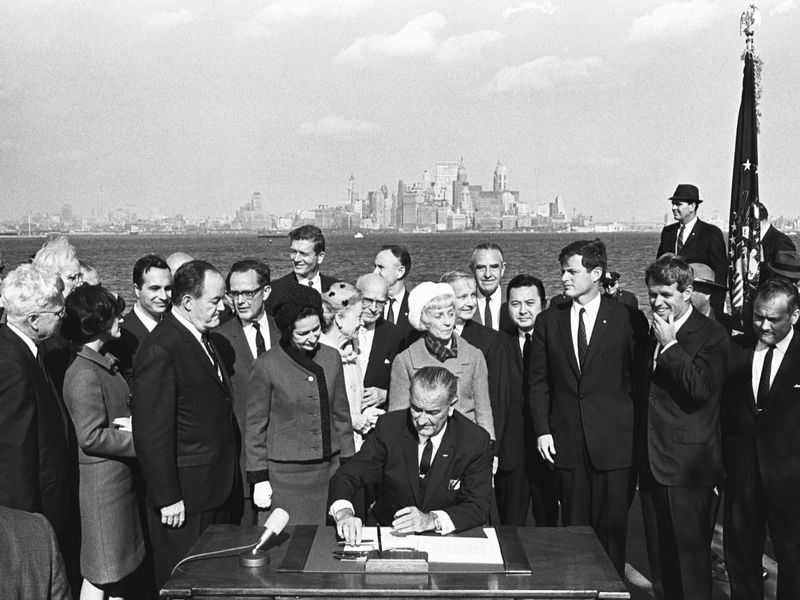

















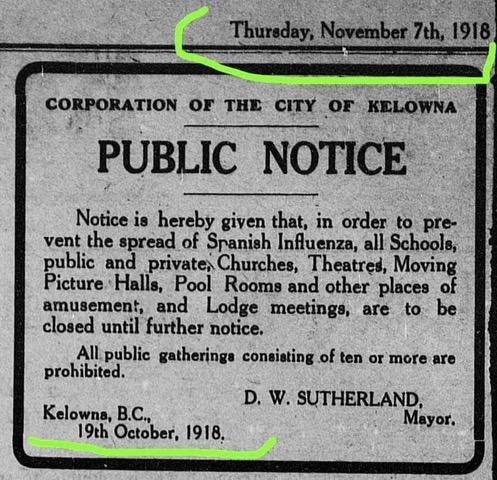



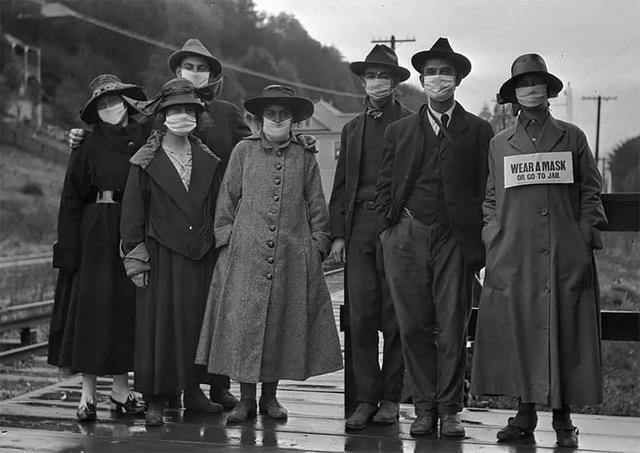














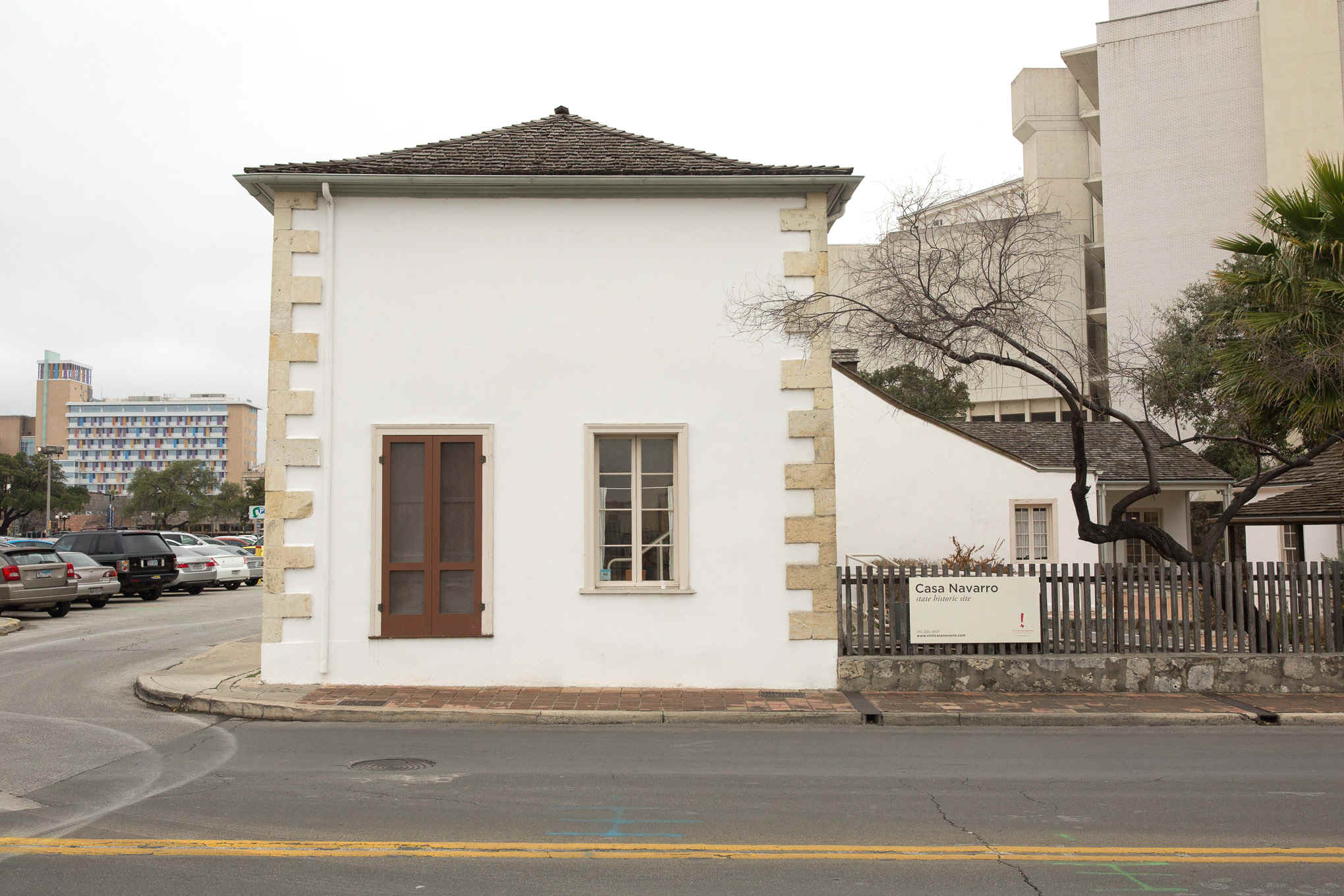




 In
1766, when Antonio de Ulloa arrived as the first Spanish governor in
Louisiana, he found that the citizens of the colony were not quite ready
to convert from French rule to Spanish rule. Governor Ulloa was a
scientist and was much more interested in science than in running a
Spanish colony. He did not go out of his way to endear himself to the
people of Louisiana and the feeling became mutual to the point of
rebellion. In time, a petition was signed by more than 500 colonists
demanding the removal of Ulloa. Ultimately, a rebellious mob of 400
colonists had formed and headed to the capital. Upon seeing this, Ulloa
gathered his family and took refuge on a ship anchored on the river.
However, the Spanish soldiers at his headquarters were able to present
such a show of force that the mob’s attack was unsuccessful. Three
days later, the mooring cables of Ulloa’s ship were cut, sending it
adrift.
In
1766, when Antonio de Ulloa arrived as the first Spanish governor in
Louisiana, he found that the citizens of the colony were not quite ready
to convert from French rule to Spanish rule. Governor Ulloa was a
scientist and was much more interested in science than in running a
Spanish colony. He did not go out of his way to endear himself to the
people of Louisiana and the feeling became mutual to the point of
rebellion. In time, a petition was signed by more than 500 colonists
demanding the removal of Ulloa. Ultimately, a rebellious mob of 400
colonists had formed and headed to the capital. Upon seeing this, Ulloa
gathered his family and took refuge on a ship anchored on the river.
However, the Spanish soldiers at his headquarters were able to present
such a show of force that the mob’s attack was unsuccessful. Three
days later, the mooring cables of Ulloa’s ship were cut, sending it
adrift.  After
his ships anchored, a shot was fired and over two thousand soldiers
disembarked from the ships with heavy artillery and marched impressively
to the town square where they stationed themselves for all of New
Orleans to see. Soldiers on the ships then shouted ¡Viva el Rey! three
times and their cannons roared. The soldiers in the square shouted their
response then let loose their cannons and muskets. Drummers pounded a
cadence as Governor O’Reilly exited his ship with an entourage of
officers in full regalia. With pomp, pageantry and precision, Alejandro
O’Reilly announced very clearly that a new Spanish governor had
arrived in Louisiana.
After
his ships anchored, a shot was fired and over two thousand soldiers
disembarked from the ships with heavy artillery and marched impressively
to the town square where they stationed themselves for all of New
Orleans to see. Soldiers on the ships then shouted ¡Viva el Rey! three
times and their cannons roared. The soldiers in the square shouted their
response then let loose their cannons and muskets. Drummers pounded a
cadence as Governor O’Reilly exited his ship with an entourage of
officers in full regalia. With pomp, pageantry and precision, Alejandro
O’Reilly announced very clearly that a new Spanish governor had
arrived in Louisiana. The
residents already knew him. He continued most of the plans initiated by
O’Reilly, but in a more polite manner, as was his nature. He was a
seasoned administrator and made many executive decisions that brought
Louisiana further into acceptance of Spanish rule. But Unzaga was
getting tired. He was nearing sixty and yearned to retire to his home in
Málaga, Spain. He had served as Governor of Louisiana for seven years
and spent much of that time worrying about defending Louisiana against
British attack. He ended his term as Governor in the good graces of
Louisianans, having won them over with the gentle but firm execution of
his duties.
The
residents already knew him. He continued most of the plans initiated by
O’Reilly, but in a more polite manner, as was his nature. He was a
seasoned administrator and made many executive decisions that brought
Louisiana further into acceptance of Spanish rule. But Unzaga was
getting tired. He was nearing sixty and yearned to retire to his home in
Málaga, Spain. He had served as Governor of Louisiana for seven years
and spent much of that time worrying about defending Louisiana against
British attack. He ended his term as Governor in the good graces of
Louisianans, having won them over with the gentle but firm execution of
his duties.
 In 1913, a railroad foreman in Alamosa tried to enroll his
11-year-old son in the school closest to the family home. The school
district denied him, and instead forced Miguel Maestas to walk seven
blocks across dangerous railroad tracks to what was known as the Mexican
School.
In 1913, a railroad foreman in Alamosa tried to enroll his
11-year-old son in the school closest to the family home. The school
district denied him, and instead forced Miguel Maestas to walk seven
blocks across dangerous railroad tracks to what was known as the Mexican
School.





